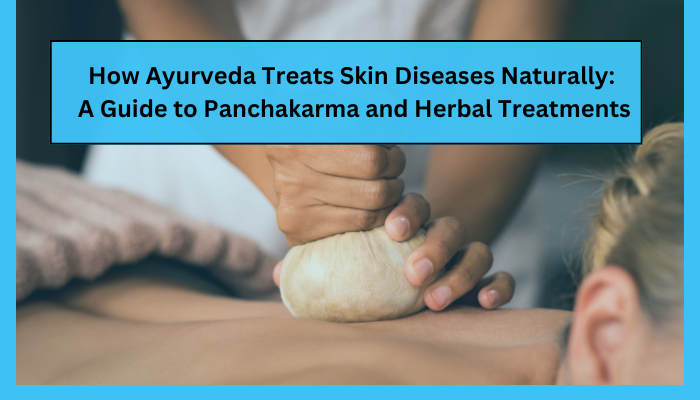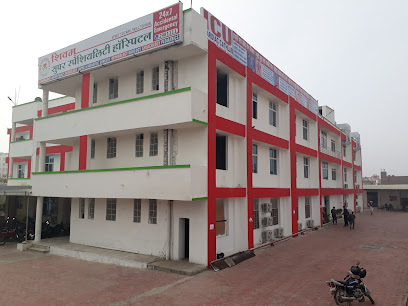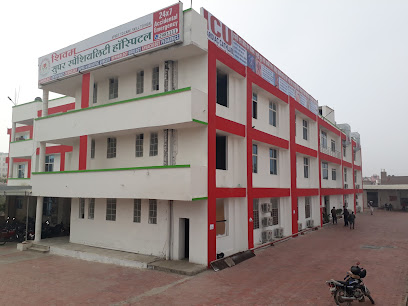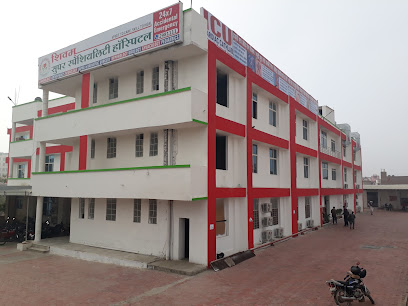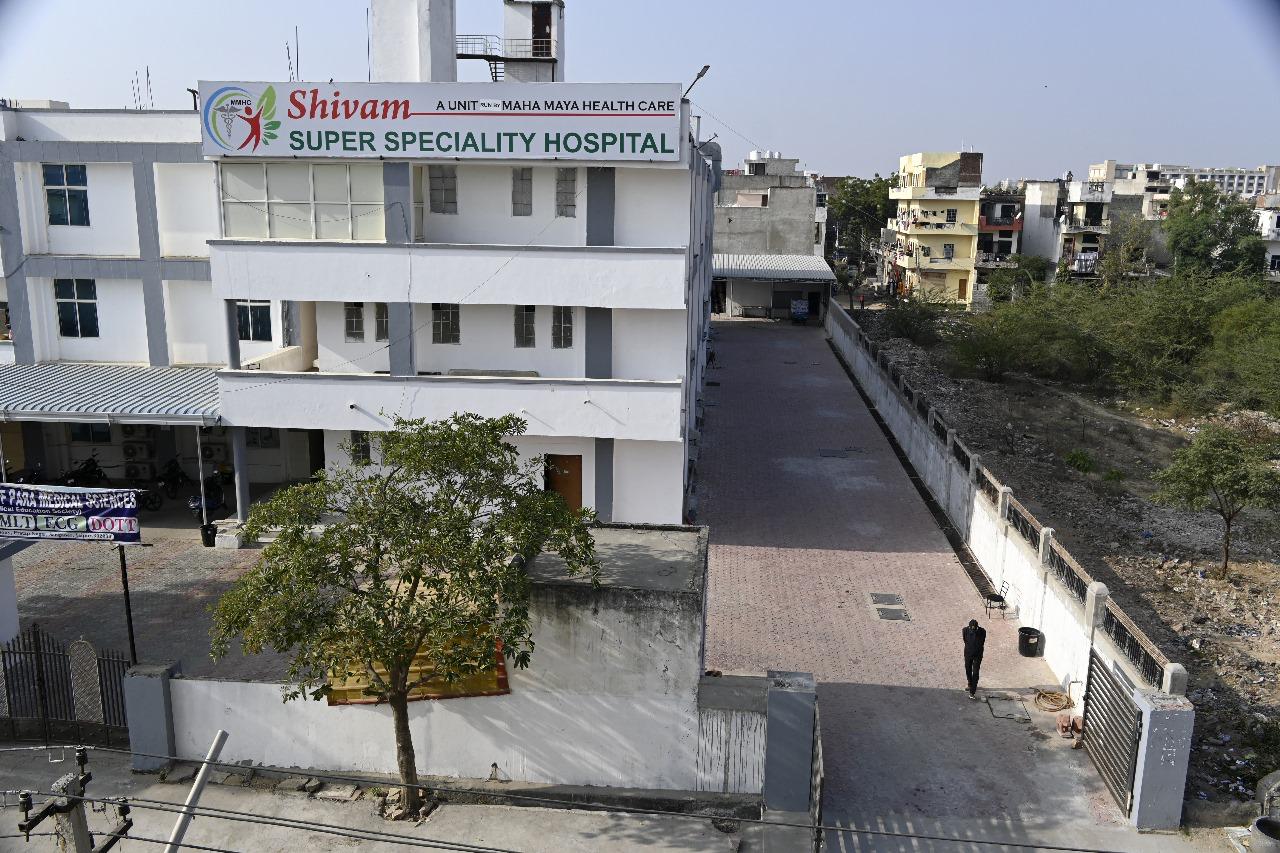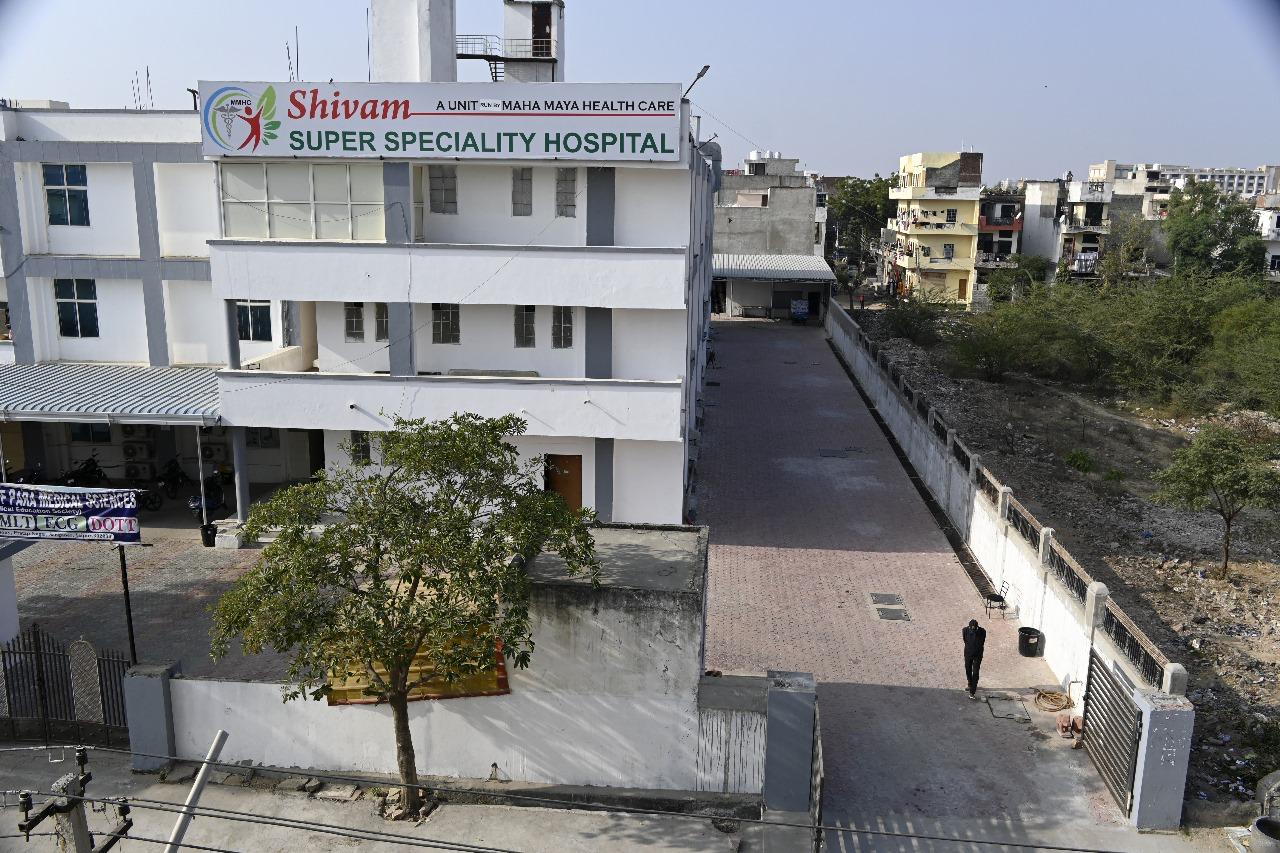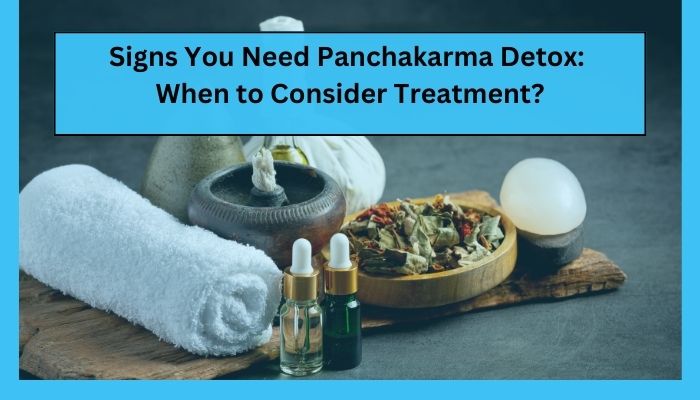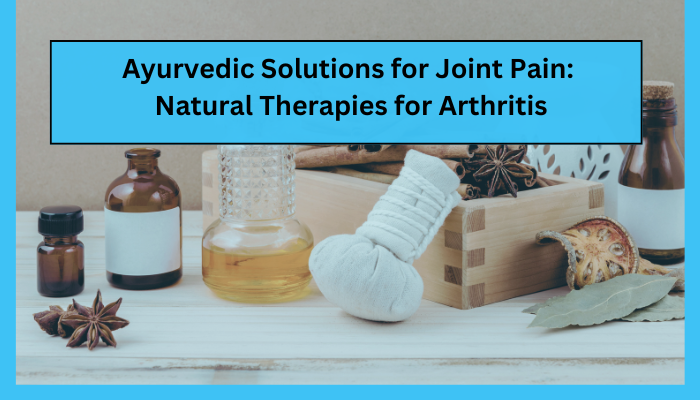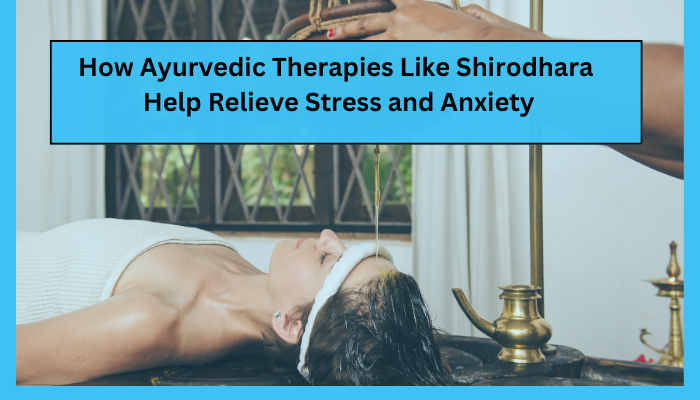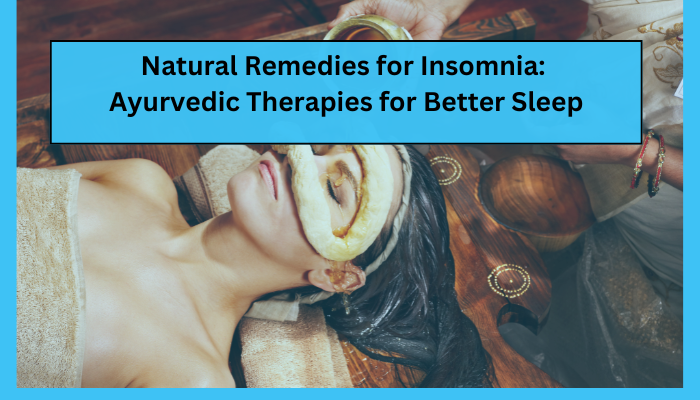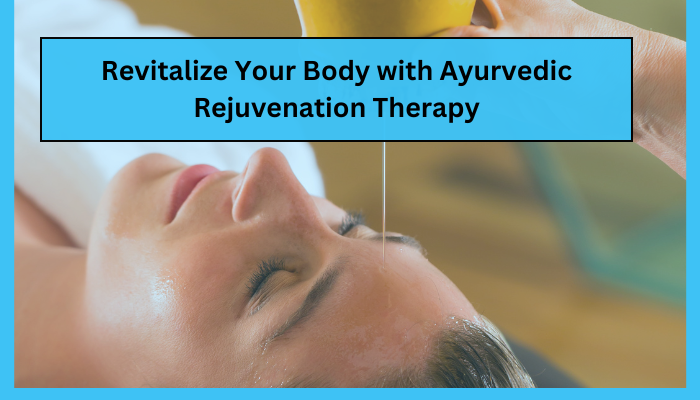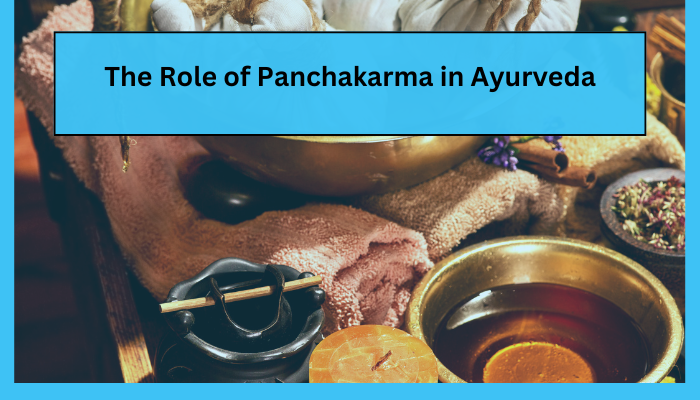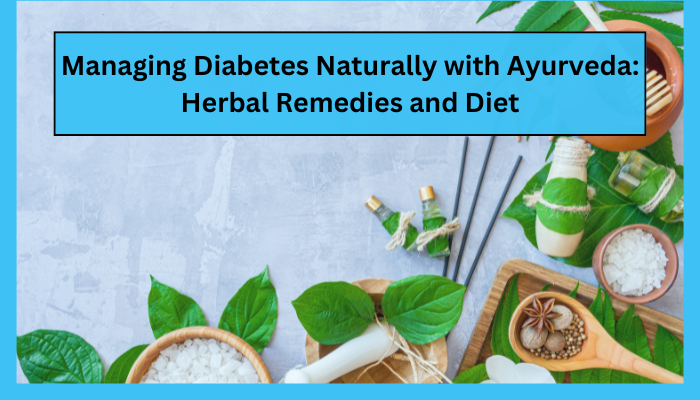How Ayurveda Treats Skin Diseases Naturally: A Guide to Panchakarma and Herbal Treatments
Many people suffer from skin problems like acne, eczema, and psoriasis. These problems cause pain and lower confidence. In India, skin diseases account for 4.02% of the years lived with disability. Issues like dermatitis, psoriasis, and rashes have increased over the years. From 1990 to 2017, skin diseases rose by 53.7%. This includes infections (like scabies) and non-infectious problems (like psoriasis). IJDVL, IMSEAR Repository.
Modern treatments often target the surface. Ayurveda treats the root cause from the inside. In Ayurveda, skin problems happen because of imbalances in the three doshas: Vata, Pitta, and Kapha. These imbalances cause toxins (ama) to build up in the body, leading to skin problems.
Ayurvedic care helps clean the body, balance the doshas, and heal the skin. At Shivam Super Speciality Hospital, a private Ayurvedic hospital in Jaipur, we offer treatments like Panchakarma for deep detox and herbal remedies for healing the skin.
Understanding Dosha Imbalances in Skin Disorders
In Ayurveda, skin problems come from imbalances in the doshas:
- Vata dries the skin, leading to rough patches, eczema, and early wrinkles.
- Pitta causes acne, rashes, and redness due to heat and swelling.
- Kapha leads to oily skin, clogged pores, and infections caused by too much oil.
Studies show that Ayurvedic treatments like Panchakarma and herbal remedies help manage skin problems like psoriasis, eczema, and dermatitis. In one study, patients with psoriasis saw their Psoriasis Area and Severity Index (PASI) scores drop from 5.8 to 1.4 within two months of Panchakarma treatment IAMJ.
Panchakarma for Skin Detox: Ayurvedic Skin Cleansing
Panchakarma is a detox process used in Ayurveda to treat skin problems like acne, eczema, and psoriasis. It removes toxins (ama) from the body and helps restore balance in the doshas, targeting the root of skin problems.
Key Steps in Panchakarma:
- Snehana (SNAY-hah-nah) (Oil Therapy): We rub herbal oils into the skin to loosen toxins and hydrate dry, inflamed skin.
- Swedana (SWAY-dah-nah) (Herbal Steam): Herbal steam opens the pores and clears out impurities, which helps with oily skin and clogged pores.
- Vamana (VAH-mah-nah) and Virechana (vee-RAY-chah-nah): These steps remove toxins by inducing vomiting or purging, which reduces heat and swelling that cause skin problems.
- Raktamokshana (RAHK-tah-mok-shah-nah) (Bloodletting): This step purifies the blood and helps with conditions like psoriasis and chronic infections.
Benefits of Panchakarma:
- Cleans the body and skin from deep within.
- Improves blood flow, giving your skin a healthy glow.
- Provides long-term relief by treating root causes, not just symptoms.
At Shivam Super Speciality Hospital, we customise Panchakarma to meet your needs, helping clear skin issues naturally and safely.
Herbal Ayurvedic Treatments for Skin Diseases
Ayurveda uses herbal treatments to target the root cause of skin problems, such as toxin buildup and dosha imbalances. These herbs clean the body, soothe the skin, and help it heal.
Key Ayurvedic Herbs for Skin Health:
- Neem: Neem has strong antibacterial and anti-swelling effects. It treats acne, eczema, and psoriasis by purifying the blood and clearing toxins.
- Turmeric: Turmeric is a natural anti-inflammatory. It reduces redness, swelling, and irritation. It works well for acne and eczema by calming the skin and helping it heal faster.
- Manjistha: Manjistha is a strong blood cleanser. It treats pigmentation, reduces acne scars, and promotes clear skin by balancing Pitta and Kapha doshas.
- Aloe Vera: Aloe vera is known for its cooling and soothing effects. It hydrates the skin and helps heal burns, wounds, and dry skin.
- Sandalwood: Sandalwood cools the skin and reduces swelling. It treats acne, sunburn, and other skin problems while improving skin tone.
How Herbal Remedies Work:
- Detox: Herbs like neem and manjistha clean the blood and remove toxins.
- Soothing and Healing: Aloe vera and turmeric reduce swelling and irritation, speeding up skin healing.
- Balancing Doshas: We choose herbs based on your dosha imbalance to treat the root cause of your skin issue.
Ayurvedic Diet and Lifestyle for Healthy Skin
Ayurveda recommends a balanced diet and lifestyle to keep your skin healthy and glowing. These practices help clean the body, balance the doshas, and nourish the skin.
Ayurvedic Dietary Guidelines:
- For Vata Skin: Eat warm, moist foods like soups and cooked vegetables to keep your skin hydrated and prevent dryness. Avoid cold, raw foods that make Vata worse.
- For Pitta Skin: Eat cooling foods like cucumbers, melons, and leafy greens to reduce redness and swelling. Avoid spicy, oily foods that can irritate the skin.
- For Kapha Skin: Eat light, spicy foods to reduce oiliness and clear the skin. Avoid heavy, fatty foods that clog pores and worsen acne.
Lifestyle Practices:
- Hydration: Drink plenty of water to flush out toxins and hydrate your skin.
- Sleep: Aim for 7-8 hours each night to let your skin repair and rejuvenate.
- Stress Management: Practices like yoga and meditation help balance the mind and reduce stress-related skin problems like acne and swelling.
- Daily Skincare: Use natural oils like coconut or sesame for daily massage (Abhyanga) (ah-bhee-YAHN-gah) to improve blood flow and enhance your skin’s glow.
Following an Ayurvedic diet and lifestyle can help your skin heal and maintain a healthy look.
Benefits of Panchakarma and Herbal Remedies vs. Conventional Skin Treatments
Ayurvedic treatments like Panchakarma and herbal remedies offer a natural and holistic approach, different from conventional skin treatments.
Panchakarma for Skin Health at Shivam Super Speciality Hospital
At Shivam Super Speciality Hospital, we offer personalised Ayurvedic treatments for healthy skin:
- Personalised Care: We create customised treatment plans based on skin issues and dosha imbalances.
- Expertise: Our Ayurvedic doctors have years of experience in treating chronic skin problems naturally.
- Holistic Approach: We treat the root cause of skin problems through detox, herbal remedies, and lifestyle changes.
- Comprehensive Services: We provide a range of therapies, from Panchakarma detox to herbal treatments.
- Modern Facilities: We combine traditional Ayurvedic therapies with modern healthcare to ensure safe and effective treatments.
Conclusion
Ayurveda offers a natural, holistic way to treat skin problems by addressing the root cause within the body. At Shivam Super Speciality Hospital, our personalised treatments, expert care, and focus on long-term healing make Ayurvedic skin therapies a great choice over conventional treatments. Ayurveda offers lasting, natural results by cleaning your body, balancing the doshas, and nourishing your skin.
If you’re ready to experience the benefits of natural skin healing, visit Shivam Super Speciality Hospital for the best blend of Ayurvedic wisdom and modern healthcare.
